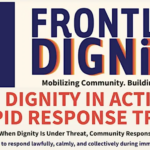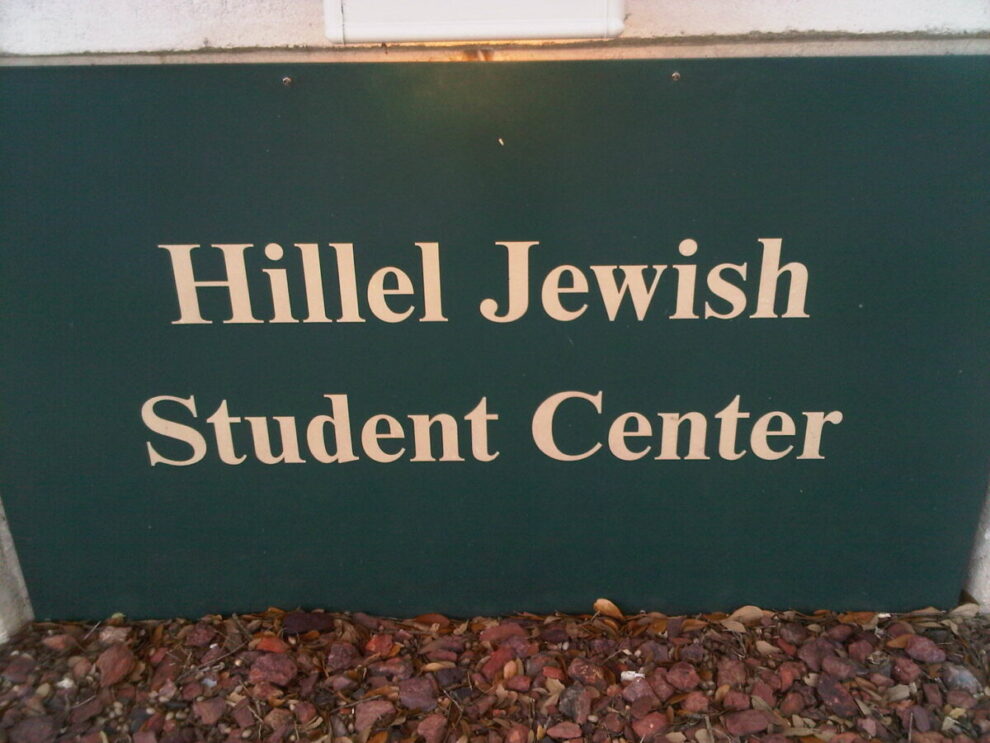According to a survey conducted by the American Jewish Committee, a majority of Jews in America consider antisemitism a “serious” problem in the country. In the aftermath of Hamas’ Oct. 7 attack on Israel, American Jews also feel “more connected” to Israel or their Jewish heritage while a plurality also reports feeling “unsafe wearing Jewish symbols in public.”
These findings may not be a surprise to many after anti-Israel and antisemitic protests erupted on college campuses across the country. Many schools, including several universities in Pennsylvania, faced growing unrest in encampments organized by protesters supporting Hamas.
Recently, a violent protest by a group called Pitt Divest broke out at the University of Pittsburgh. The group’s aim was for the university to cut financial ties with Israel. The protest resulted in one arrest for aggravated assault and other crimes.
At Penn, a group of protesters made an unsuccessful effort to overrun and occupy a campus building. The attempt, occurring a week after the clearing of the “Gaza Solidarity Encampment”, resulted in 19 arrests. A recent report also alleges one Democratic state legislator collaborated with anti-Israel protesters, giving them a heads up that their group was likely to be arrested and dispersed by police.
The U.S. Department of Education has even had to step in to combat the spread of antisemitism on college campuses. The department recently determined that both the University of Michigan and City University of New York failed to respond to or address reports of antisemitic activity and discrimination. Shockingly, many of the incidents related to CUNY occurred before Hamas’ terrorist attack on Oct. 7. California’s Chapman University is also being investigated for similar inaction.
During a House Education and Workforce Committee hearing on antisemitism, a group of university presidents were criticized for failing to respond rising antisemitism and protests that led to assault, stalking, and intimidation of Jewish students.
In light of anti-Jewish protests on college campuses recently, ADL changed some of the grades on our Campus Antisemitism Report Card. While some colleges had to be downgraded, other schools had positive grade changes. Read more here: https://t.co/jNya79m9lf #NotOnMyCampus pic.twitter.com/jcH4o1sk0Y
— ADL (@ADL) June 18, 2024
Closer to home, the Anti-Defamation League, an organization started to defend Jewish people from defamation, gave Penn a D in its Campus Antisemitism Report Card. The group cited antisemitic vandalism and threats of violence towards the school’s Hillel and a dorm.
I visited @Penn yesterday. I viewed the encampment and sat with Jewish students and faculty to hear about their experiences.
It was depressing, disappointing, but most of all, damning. They shared astonishing accounts of harassment and marginalization. They feel isolated,… pic.twitter.com/nyXBv0goOJ
— Jonathan Greenblatt (@JGreenblattADL) May 8, 2024
In response to the wave of antisemitic protest and violent threats, the University of Pennsylvania’s new Task Force on Antisemitism released a report recommending “mandatory education on inclusion” but did not list steps to prevent “people unaffiliated with Penn” from organizing anti-Israel protests on campus.











